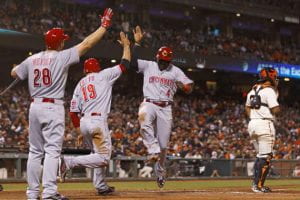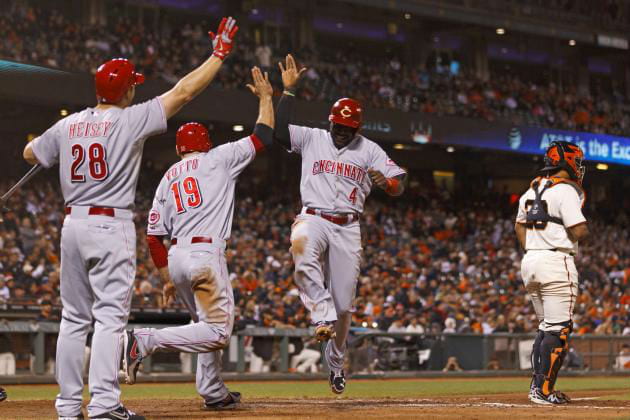BY HENRY NGUYEN – CENTO WRITER
I can’t profess I am a big fan of baseball. Being born and bred in a vastly different culture, where taking timeouts and games lasting more than three hours are virtually unconceivable, baseball is simply not my cup of tea.
At baseball games, the crowds are constantly moving. Instead of focusing on the actions of the game, more often than not they move about buying beer and hotdogs— except of course when they stand in unison, caps over their hearts, for a spirited rendition of “The Star Spangled Banner.”
On the surface, this is the America I’ve always imagined: loud, proud, and in your face.
But there is another, less obvious aspect of baseball that is perhaps even more telling about this mighty nation, and it lies in the statistics.
Now, there are many, perhaps way too many, statistics in baseball. However, what astonishes me the most is that this is a professional sport in which the cream of the crop, the world’s best players, could only reach the batting average of about 0.31. That is, they hit the ball successfully less than a third of the time. The other two-thirds, they miss completely, or are caught or thrown out, and a long, humiliating walk back to the dugout awaits them.
Imagine this in any other sport: if two times out of three Cristiano Ronaldo runs up to take a free kick and slips on his back; or if Roger Federer, serving for a key point at Wimbledon, whiffs the ball completely 66 percent of the time. It is unthinkable.
And yet, this—as I have come to realize over the 14 months I have been here—is a key point about baseball.
As a sport, it is really about failure; or more accurately, how players psychologically handle failure, the fact that they are surely going to miss the ball much more often than they hit it.
And this is the very reason why baseball is a perfect metaphor for life in America.
This country is possibly the only place in the whole world where children grow up being told what a “great job” they are doing and how they all have the opportunity to become president one day.
Which is great and all, except, for too many, perhaps for the majority, success never really arrives.

For pretty much half a decade now, this country has been struggling economically. Across the nation, in previously wealthy towns that symbolized the American dream, you meet people fighting to make ends meet.
It can also be argued that in recent years America itself is failing, losing prestige and influence around the world while the young power of China is on the inevitable rise.
But, just like their baseball players, Americans are adept at picking themselves up when the market fails.
Scholars and people elsewhere around the world, myself included, have long admired the capacity of American workers to willingly move huge distances to wherever the jobs are, an undeniable factor explaining why US economy has been so robust for a long time.
And amid this bad time, it looks to be happening again. In remote states like North Dakota, where new energy sources are being discovered, modern day boom-towns are popping up all over again. In the famous Silicon Valley, young IT entrepreneurs are actively encouraged to take risks, and to embrace failure. The theory goes like this: in the fast-paced technological world, they will only come back stronger, perhaps with the seed for the next Facebook, Microsoft, or Google.
Failure will thus breed the next success.
So, back to baseball. In what has been a hugely disappointing season so far, the Cincinnati Reds lost once again today.*
It would have only taken one big hit from superstar Joey Votto to put the team back in the game with a chance to win.
He swung, he missed, and he made that long walk of shame back to his teammates.
Come tomorrow however, Votto, the rest of the Reds, and millions of their fellow countrymen will simply dust themselves off, pick themselves up—and start being American all over again.
* Update: the Reds’ season is now over after their inability to qualify for the playoffs.
